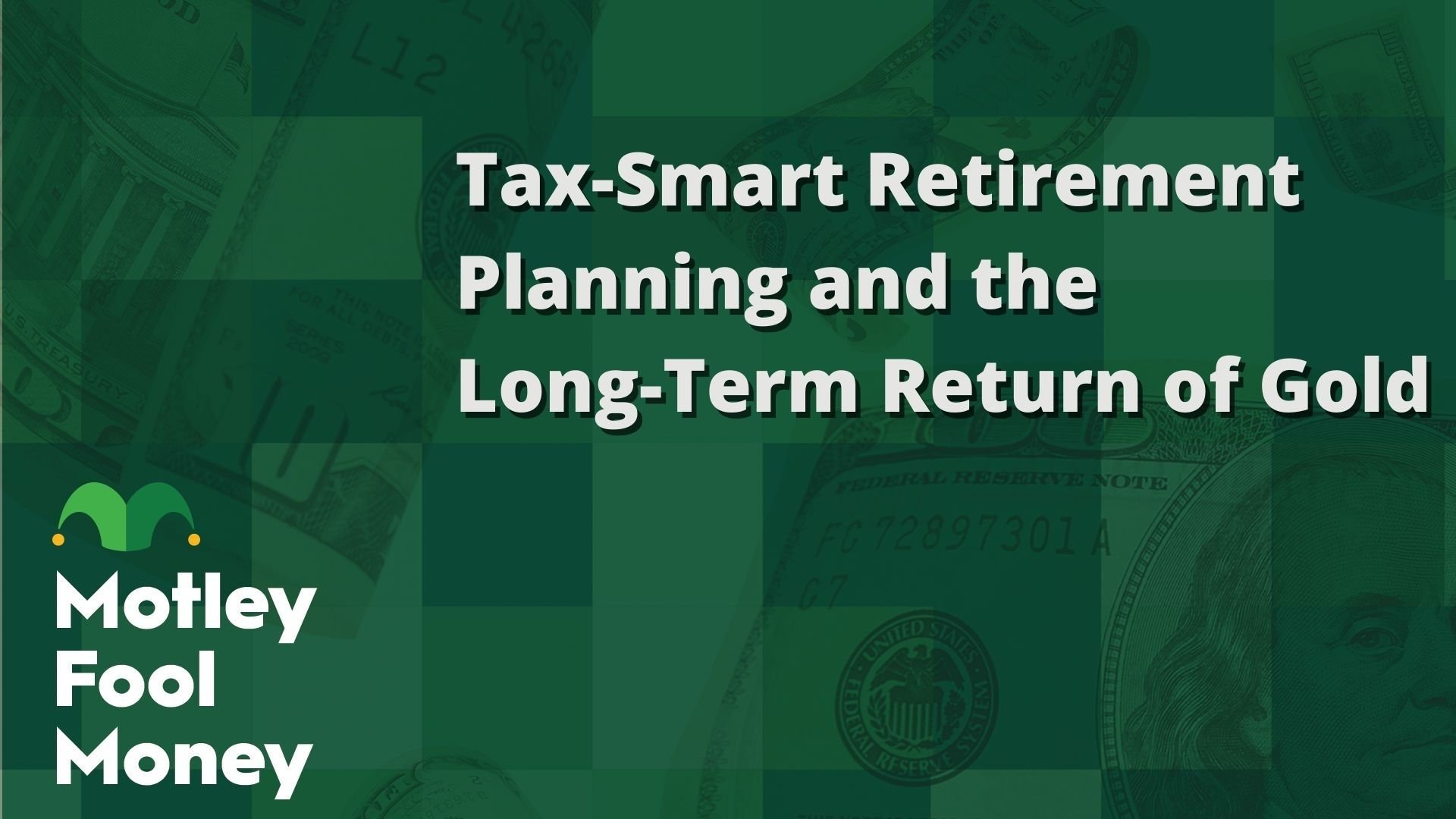Millennials tend to have a reputation for being financially irresponsible. But new data from Fidelity shows that when it comes to retirement preparedness, they're more on the ball than Gen Xers.
Fidelity recently ranked each generation on retirement readiness, and here are the scores it awarded:
- Baby boomers: 87
- Millennials: 82
- Gen Xers: 80
Of course, this means two things: that millennials are on the right track, and that Gen Xers -- many of whom are already 50 or older -- need to shape up or risk falling short once their senior years roll around.

IMAGE SOURCE: GETTY IMAGES.
Gen Xers need to do better
At present, only 62% of Gen Xers think they'll have enough money in retirement to maintain the lifestyle they want. If you're not confident about your ability to keep up with your expenses as a senior and uphold a decent standard of living, then it's time to change some near-term habits to carve out extra money for your savings.
If you're a member of Gen X, one thing you may have going for you in this regard is a higher salary than your millennial counterparts, which means you have a solid opportunity to build savings. Throw in the fact that both IRAs and 401(k)s come with higher annual contribution limits for workers 50 and older, and a few key changes on your part could really help you salvage your golden years.
Now, to be clear, those changes won't be entirely easy. You'll need to start spending less at present if you want to free up cash for retirement savings. But if you're willing to cut back to a reasonable extent -- say, start taking cheaper vacations, dine out less frequently, and spend less on nonessentials across the board -- there's a good chance you'll manage to give your nest egg a nice boost over the next 15 to 20 years.
Imagine you're 50 years old with $50,000 in retirement savings. That's not a great spot to be in. But let's assume you're able to curb your spending enough to max out an IRA at $7,000 a year for the next 17 years. Assuming you invest your IRA at an average annual 7% return, you'll grow your savings balance to about $374,000.
Of course, that assumes you'd be retiring at 67, which happens to be full retirement age for Social Security purposes. If you were to retire at 70 instead, thereby socking away $7,000 for three more years at a 7% return and letting the rest of your savings grow, you'd wind up with $480,000. And closing out your career with close to half a million dollars is a good way to buy yourself some long-term financial security. Plus, if you retire at 70, you might manage to delay your Social Security benefits until then, thereby snagging a 24% boost compared to what you'd collect at 67.
Though it's encouraging to see that millennials are scoring decently on retirement readiness, the reality is that they shouldn't be surpassing Gen Xers in this regard. Older Gen Xers could easily be looking at retiring within 10 years, and if you're in that camp, you'll need to make every effort possible to gear up.





